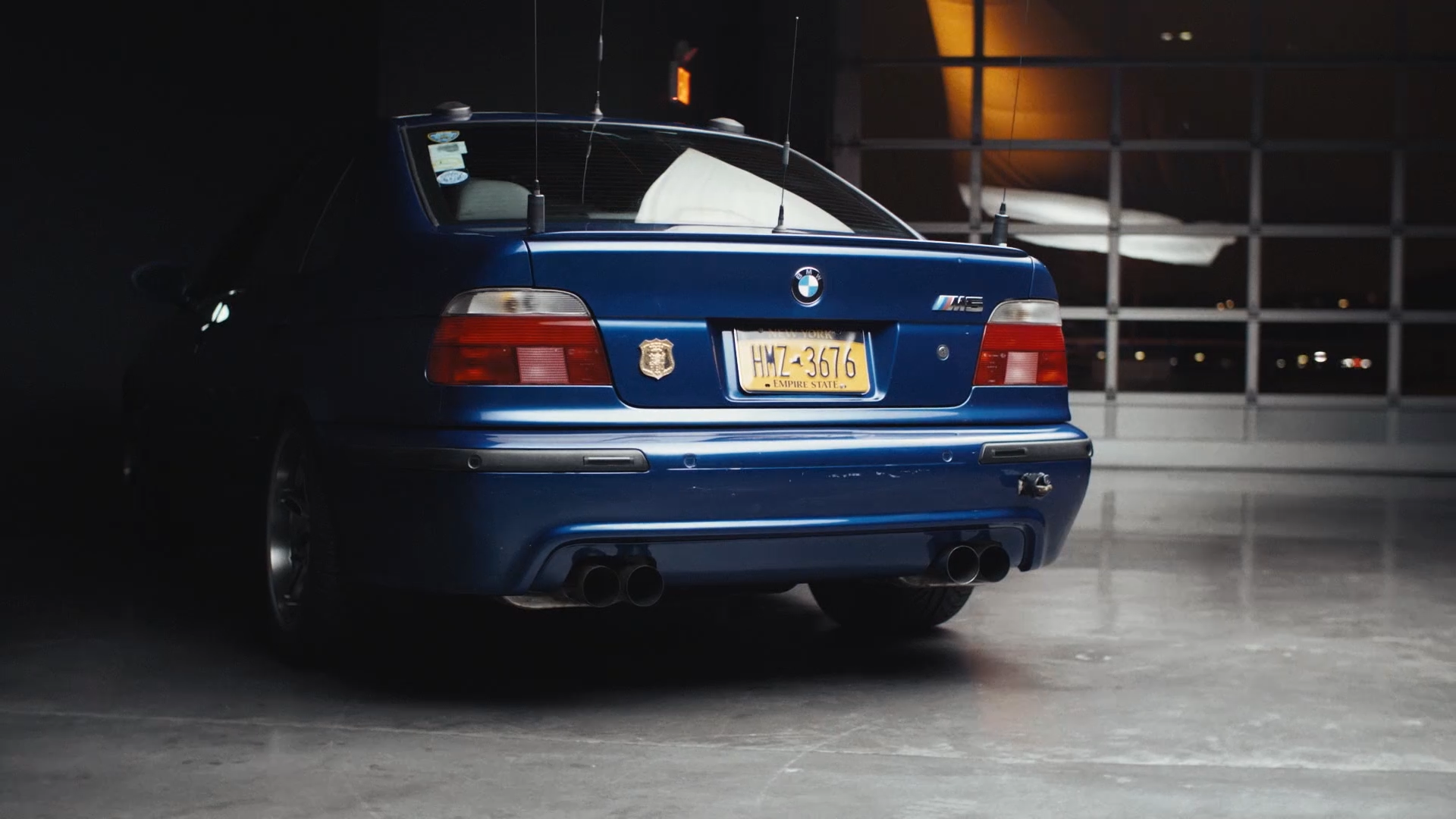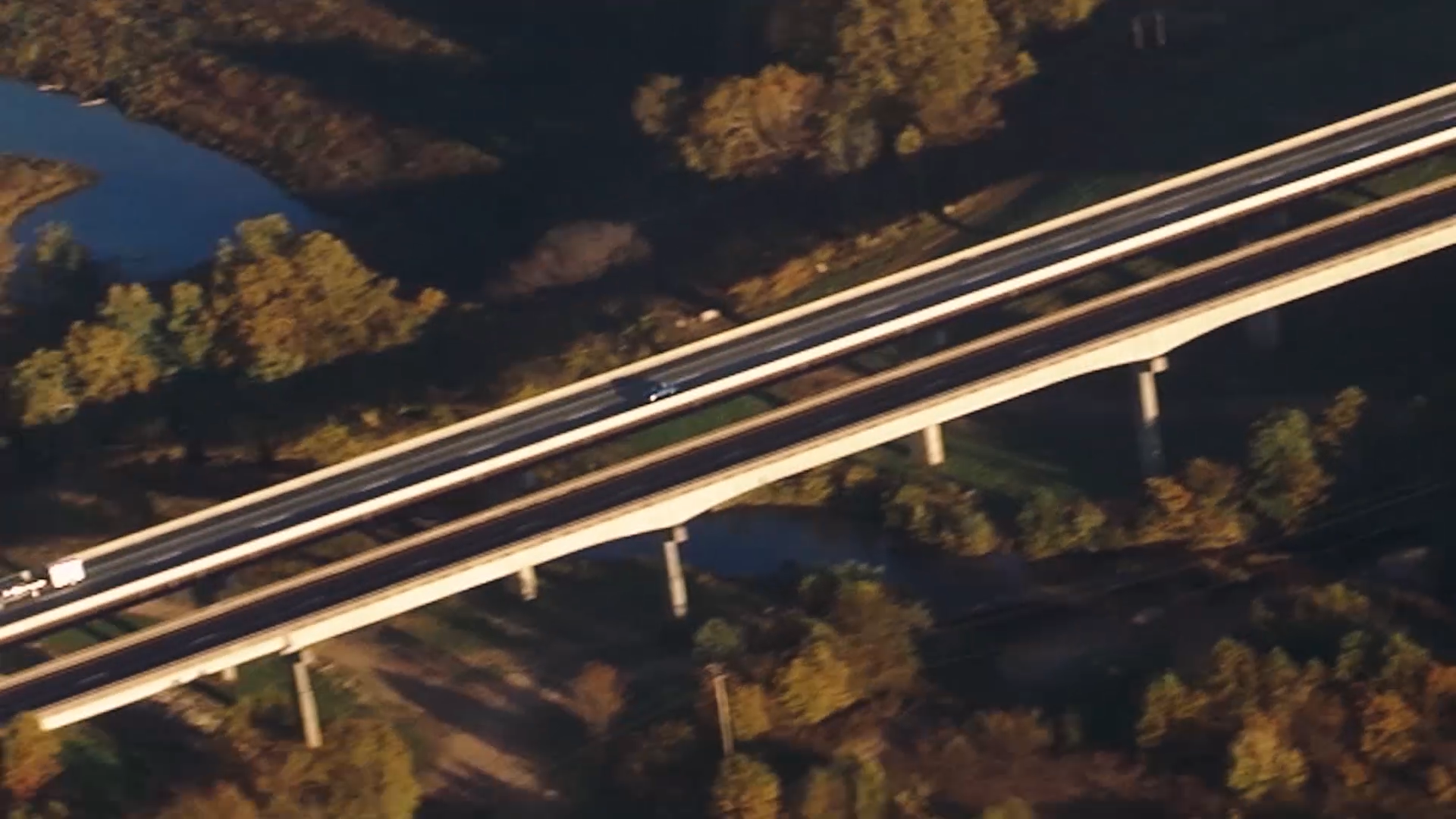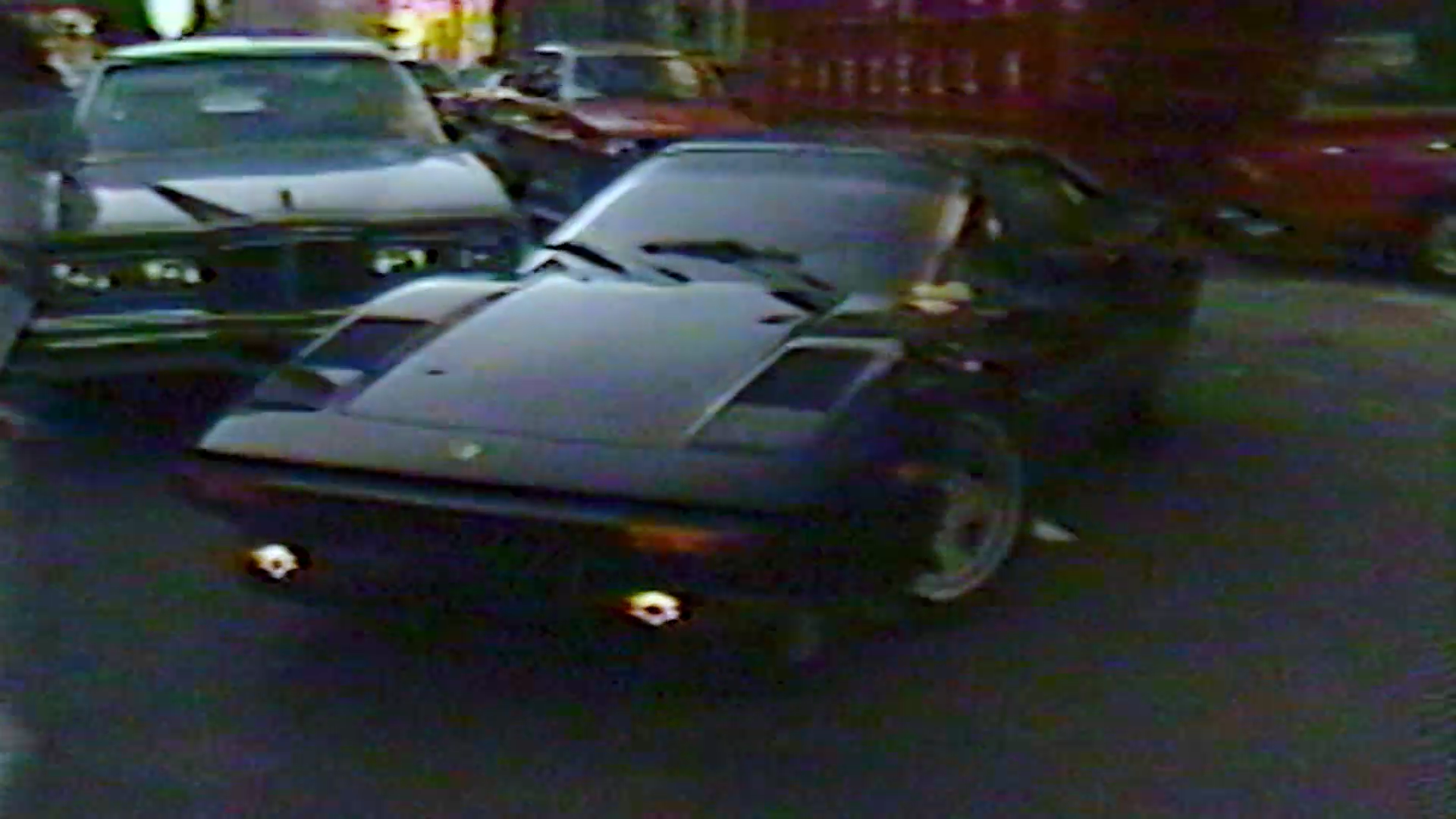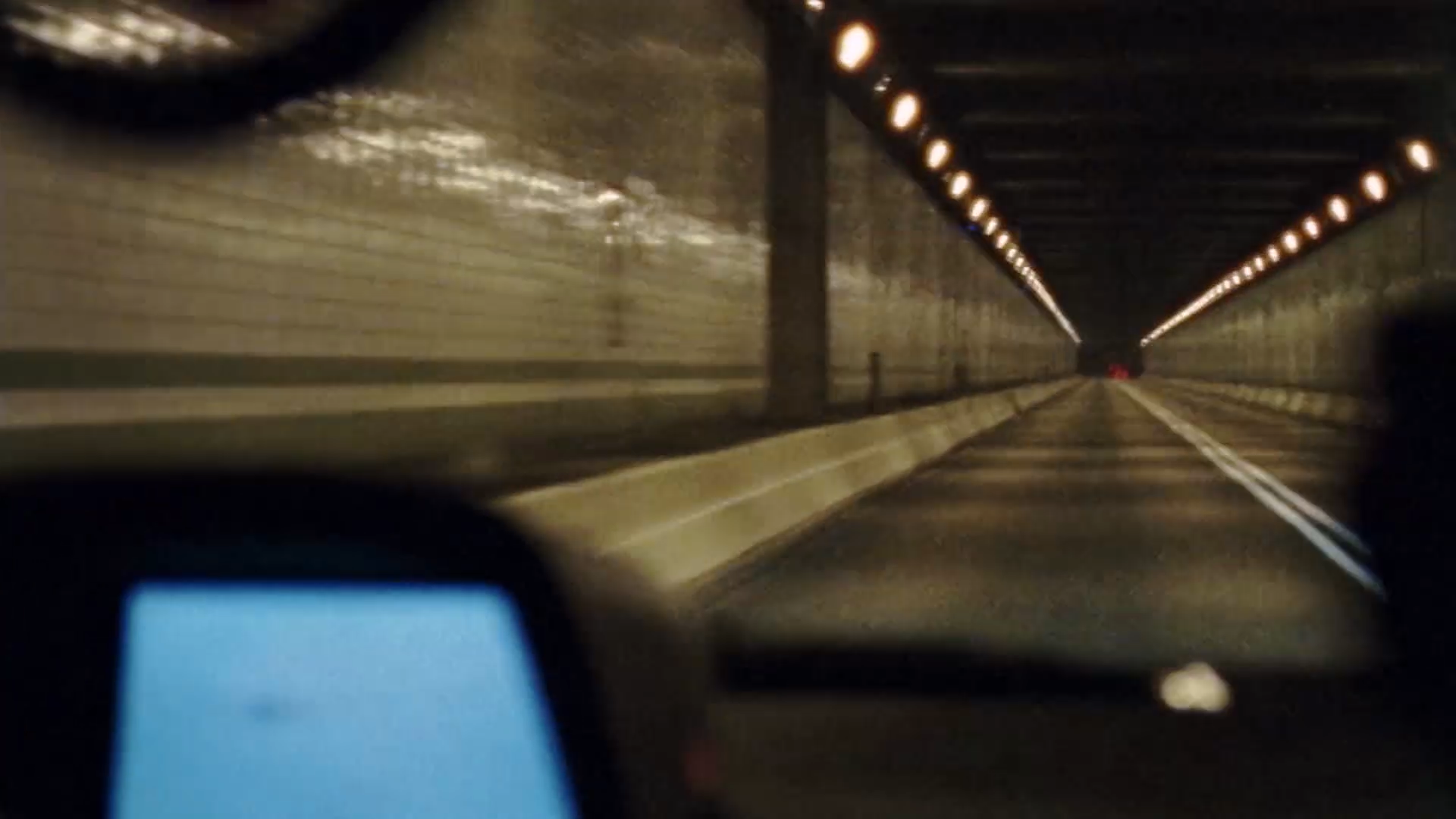Apex: The Secret Race Across America Takes You Inside The Darker Side Of Speed
The first Apex film was about car companies like Porsche and Koenigsegg trying to build the fastest cars on earth with the best technology of our time. It's all lawful, socially acceptable even, unless you hate supercars. If that's a story about what happens in the light of day, then the latest film in the series, Apex: The Secret Race Across America is about what happens in the shadows.
With interviews shot across multiple decades, the film covers two important stories of what's colloquially called the Cannonball Run: an attempt to drive coast-to-coast, from New York to Los Angeles, faster than anybody else has ever done.
The first story is the final 1983 run of the U.S. Express, the successor to the original Cannonball Baker Sea-To-Shining-Sea Memorial Trophy Dash that resulted in a record 32-hour, 7-minute time that stood for decades. The second is about drivers Alex Roy and Dave Maher, and how they ultimately beat that record in 2007. (And theirs was later broken by Ed Bolian in 2013.)
This is not a leisurely sightseeing tour. It involves a slew of radar detectors, police scanners, triple-digit highway speeds, a plane keeping watch from the air and a lot of close calls along the way.
Needless to say, none of this is part of some officially sanctioned racing event. It's all illegal. That's the entire point. It always has been.
The movie is a kind of expanded re-cut of the film 32 Hours 7 Minutes, the original documentary movie shot by Cory Welles from the back seat of Roy's run. That movie was tied up in legal hell for years, but this new version is hailed as the definitive one by at least some of its principals. Also, Ice-T is now here to provide narration.
(In the interest of full disclosure, I should note that I know and have worked with several of the people involved with the movie or featured in it, including Roy, director J.F. Musial, Matt Farah, and Jalopnik founding editor Mike Spinelli. Just not on this movie itself.)
The film parachutes right into the action by opening with Roy blasting through Oklahoma in his blue BMW M5. He's attempting the cross country record himself, not a spur of the moment drive but something carefully coordinated, all the way to the spotter plane. He's on the radio with his pilot overhead as they keep a close watch on the ground below. But the car bogs hard as they exit a toll booth. Roy pulls over and turns the motor off.
"For every minute they're stationary, they have to go 180 miles an hour to match 90, which obviously isn't going to happen," the pilot says. Roy forlornly closes the hood, surrounded by a bevy of radar and radio equipment that is now, essentially, useless.
That was in April 2006. The rest of the movie is about what happened next, and what came before. It covers the culture—if you want to call it that, another word might be compulsion—of people whose goal is to drive as quickly as possible from one end of this country to another.
These attempts are almost as old as the automobile itself. The Cannonball Run gets its name from Erwin "Cannon Ball" Baker, a racing driver, daredevil and vaudeville performer who drove from New York to LA in about 54 hours in 1933. (In a Graham-Paige, as one does.)
His record stood until 1971 when legendary Car and Driver scribe Brock Yates and his friends showed up, ostensibly to make a political point. The film says Yates' goal was to show that America's highways could, in fact, be used for the same extreme velocities as you see on Germany's Autobahn. It was also said to be a protest against the unpopular national 55 mph speed limit of the time.
After years of additional races, notoriety, magazine articles and one hugely popular Burt Reynolds movie, the Cannonball Run had become a "circus," an event with "the wrong kind of attention," as one veteran put it.
By the early 1980s, the U.S. Express had morphed into an invitation-only event run by deeply competitive madmen who upgraded their fuel cells and stuffed the best technology they could buy or build into their Porsches and Ferraris and Panteras. It ended in 1983 with a 32-hour, 7-minute record that would stand until Roy and Maher took it off the board.
We should pause a bit to contemplate such a record. Those drivers had to average 89 mph from New York to LA. Not do, but average. Most people can't even fathom how fast you have to drive to pull that off. How careful you have to be to avoid cops. How strategic you have to be in where you go. And how much you'd put yourself at risk doing that, to say nothing of other people.
The U.S. Express stopped when the police got wise to it all. But the culture gave birth to the supercar and tuner car rallies across America and Europe. You know, stuff like the Gumball 3000, the rich idiots in Lambos chasing parties and girls and coke as much as they chased speed. If there was ever a justification for races like the Cannonball and U.S. Express, it's much harder to find there.
This is where Roy comes in. Along with Maher and a support crew of friends, he sought to prove the 1983 record was legit—and to beat it.
The tool for the job, perhaps famously now, was an E39 BMW M5, modified and equipped with radar detectors, a 16-gallon fuel cell, a CB radio, GPS navigation units, a police scanner, night vision, cameras to document the whole thing and a livery that was a nod to the German Polizei. None of that was cheap: we see Roy ring up at least one $25,000 bill to outfit the M5.
Their drive packs enough tension and true unpredictability that it's worth the price of admission. The boisterous Roy and the soft-spoken but determined Maher rocket across America's highways, listen to scanners, attempt to hide when they get spotted, weave in and out of traffic and work with their pilot to dodge cops. "Cop-cop-cop-cop-cop!" they shout almost constantly.
It's hard not to grit your teeth at these scenes. I did whenever I saw Maher sweep around 18-wheelers and SUVs like they're stationary objects, at speeds you seldom see on American highways. They, and the 1983 veterans, all stress how they worked to stay in their safety zones. I say that's all well and good until some other car unexpectedly crosses your path when you're going well over 100 mph.
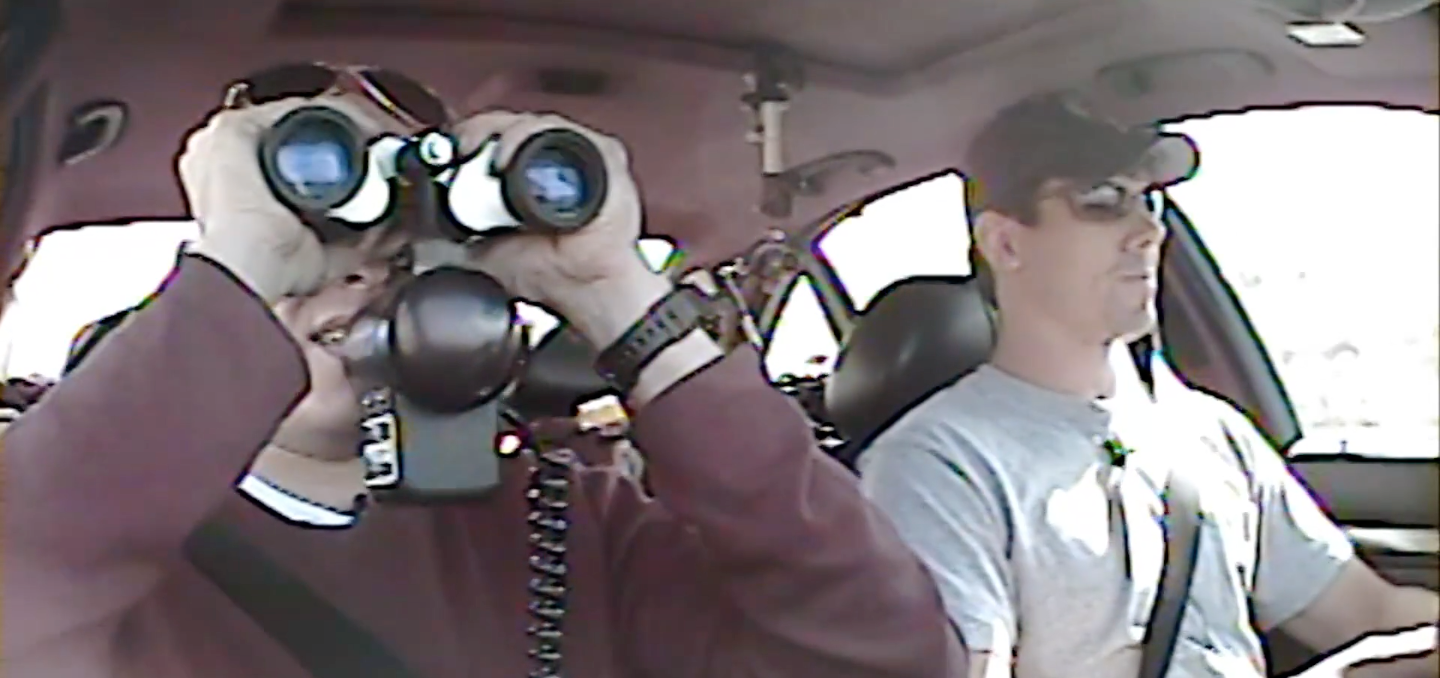
At one point Roy lectures Maher on being more "stealthy," which Maher replies almost doesn't matter at those kinds of speeds. And it feels especially fraught as they cross into Los Angeles, a far cry from the rural highways where you can get away with a lot. The movie does far more to lionize Alex Roy than it does to stress the dangers involved, but I don't think anyone expected different.
So why do it, especially when there's no prize money to be had, no trophy to get from some official sanctioning body, and when you have to wait for the statute of limitations expires to claim what you've done?
The drivers interviewed give us lots of reasons. They say they're crazy. They say they want to see the country. They want to see if it can be done at all. We never get a good explanation, really, because this isn't the kind of thing that ever comes with a really good explanation. They boast of being safe, of having the right tires and not driving above their limits, but nothing changes the fact that this is inherently unsafe. As one interview subject asks, "What could be more pointless?"
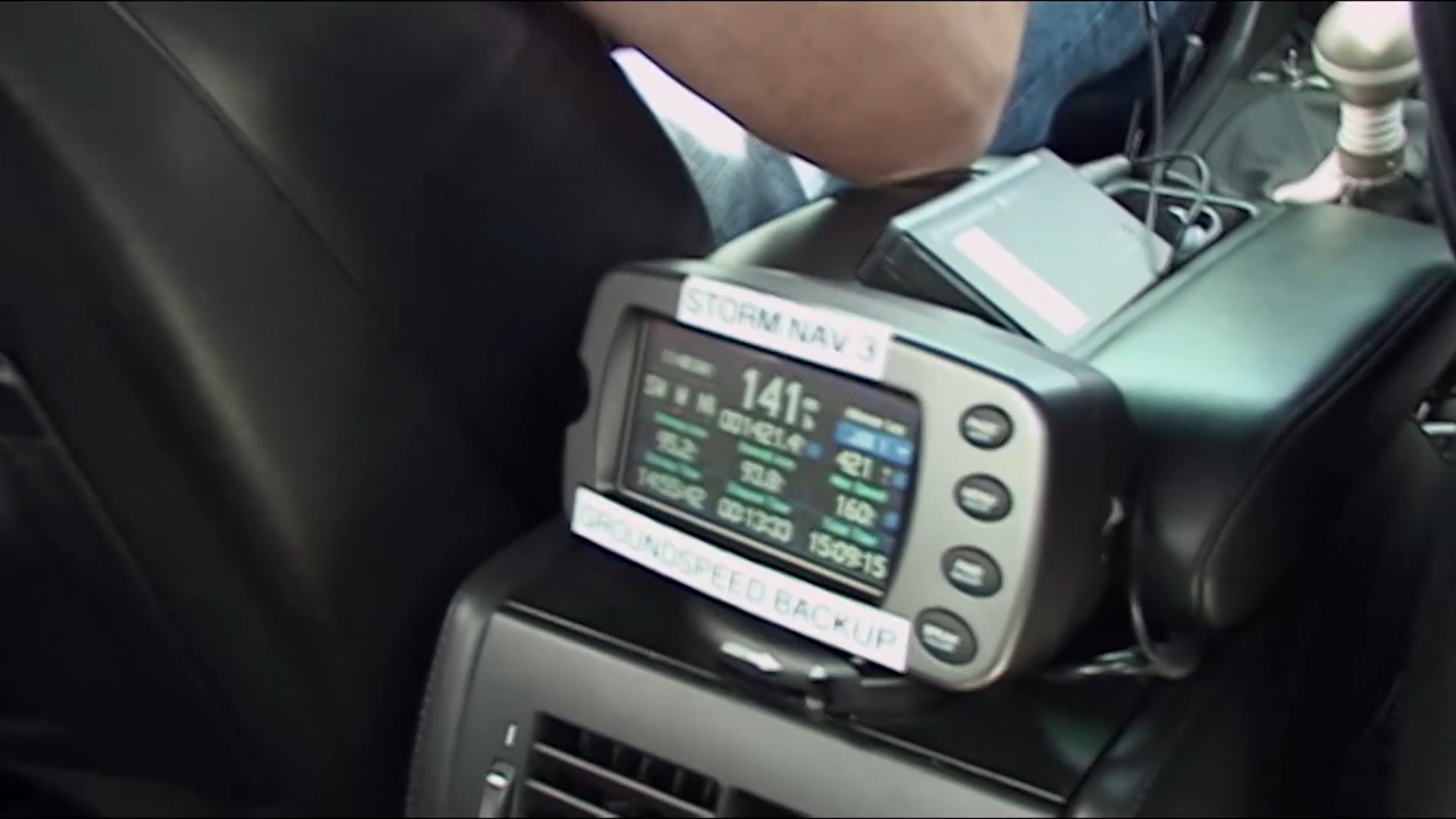
Putting aside the moral quandaries over the race, and that is a big thing to put aside, it is amazing to see the kind of technology that went into modifying these cars for the race, especially in the 1983 event. Fuel cells, kill switches, night vision scopes, custom cockpit radios and more—you can't help but be impressed.
Here's where the movie feels almost like a companion piece to the first Apex documentary. Instead of car companies with billion-dollar budgets, this was tinkerers and mechanics and everyday people. But they weren't going for hybrid tech and four-digit horsepower figures. They were out to break the law as quickly as possible.
It may come down to how you feel about the Cannonball Run, cross-country races, speed records rallies and probably speed limits in general. You can look at it as a romantic ode to freedom, a middle-finger to 55 mph or cops or The Man or whoever else Brock Yates was mad at that day. Or you can see it as equally pointless and reckless, on par with street racing. Maybe you think it's a miracle that it hasn't killed someone.
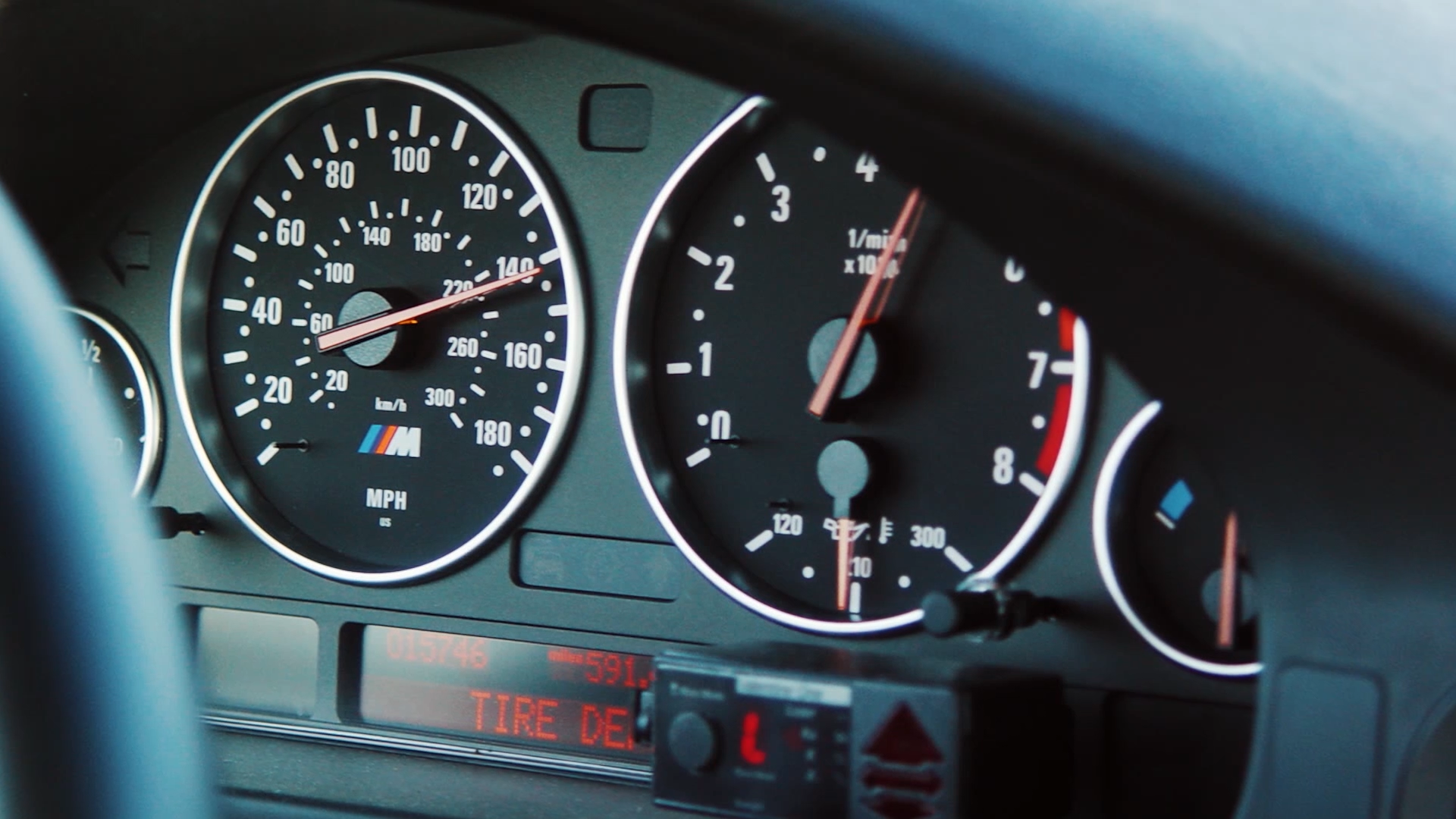
For a movie infamously held up in red tape for years, and one that cobbles together footage from multiple decades and shooters, Apex delivers a surprisingly cohesive, compelling narrative—and one that's comfortable living in its gray areas. It could've done a stronger job helping us get to know Roy and Maher, to understand why they did what they did and how they view it today. But it makes up for that with the quality and quantity of interviews from 1983, often with competitors who have since passed away.
I think it's a story you can find fascinating, even if you don't condone it. The Cannonballers themselves never seemed to be after everyone's approval, either.
"I can sit here right now and say what we did is the stupidest thing in the world," said one U.S. Express veteran. "Dumb. Crazy. But like I said, we'd do it again.
Apex: The Secret Race Across America premieres Sunday, October 20th at 7:30 p.m. on NBC Sports and then on iTunes.
